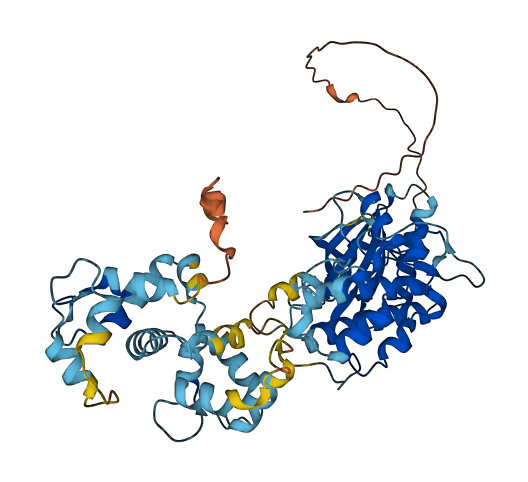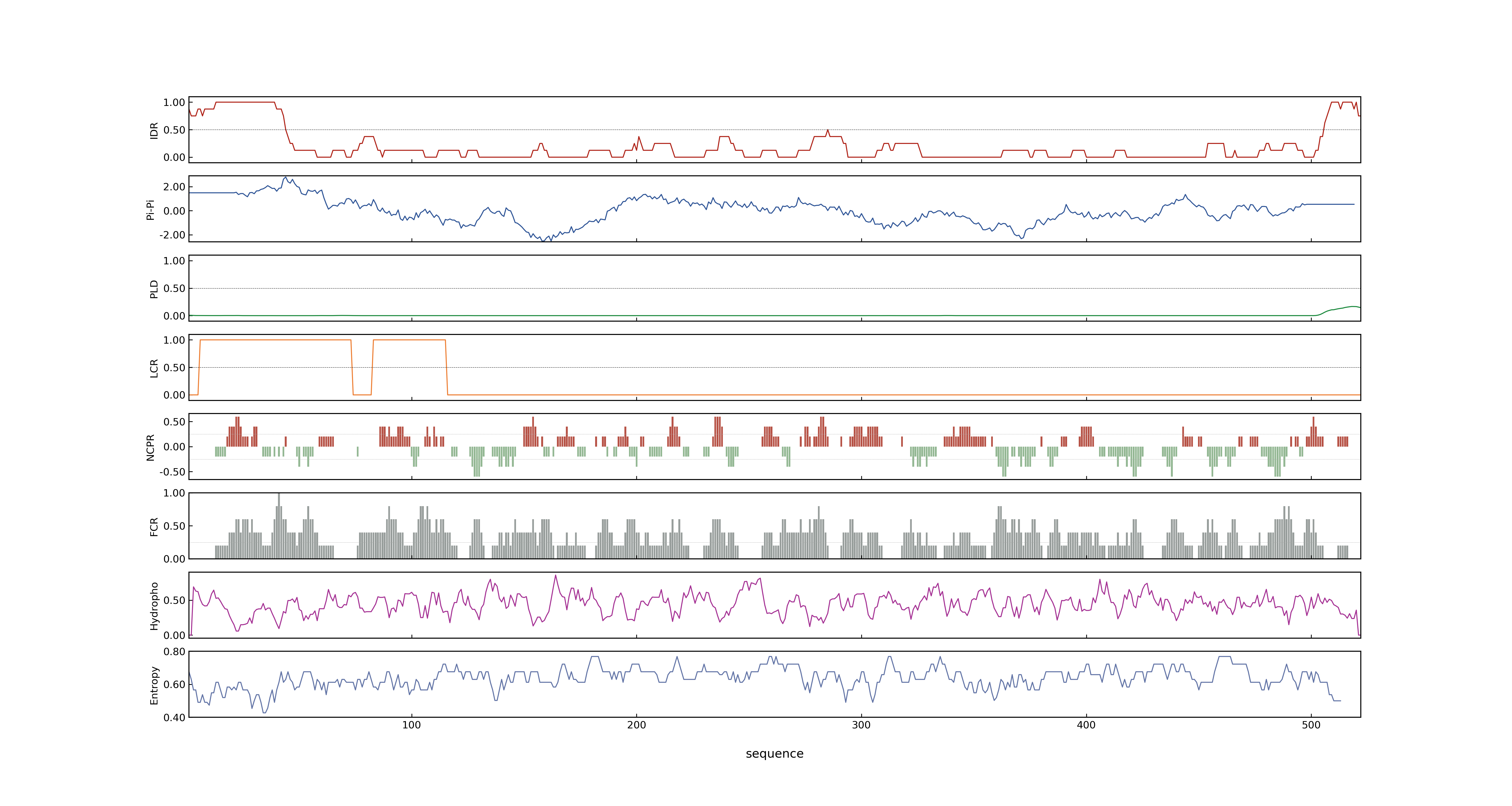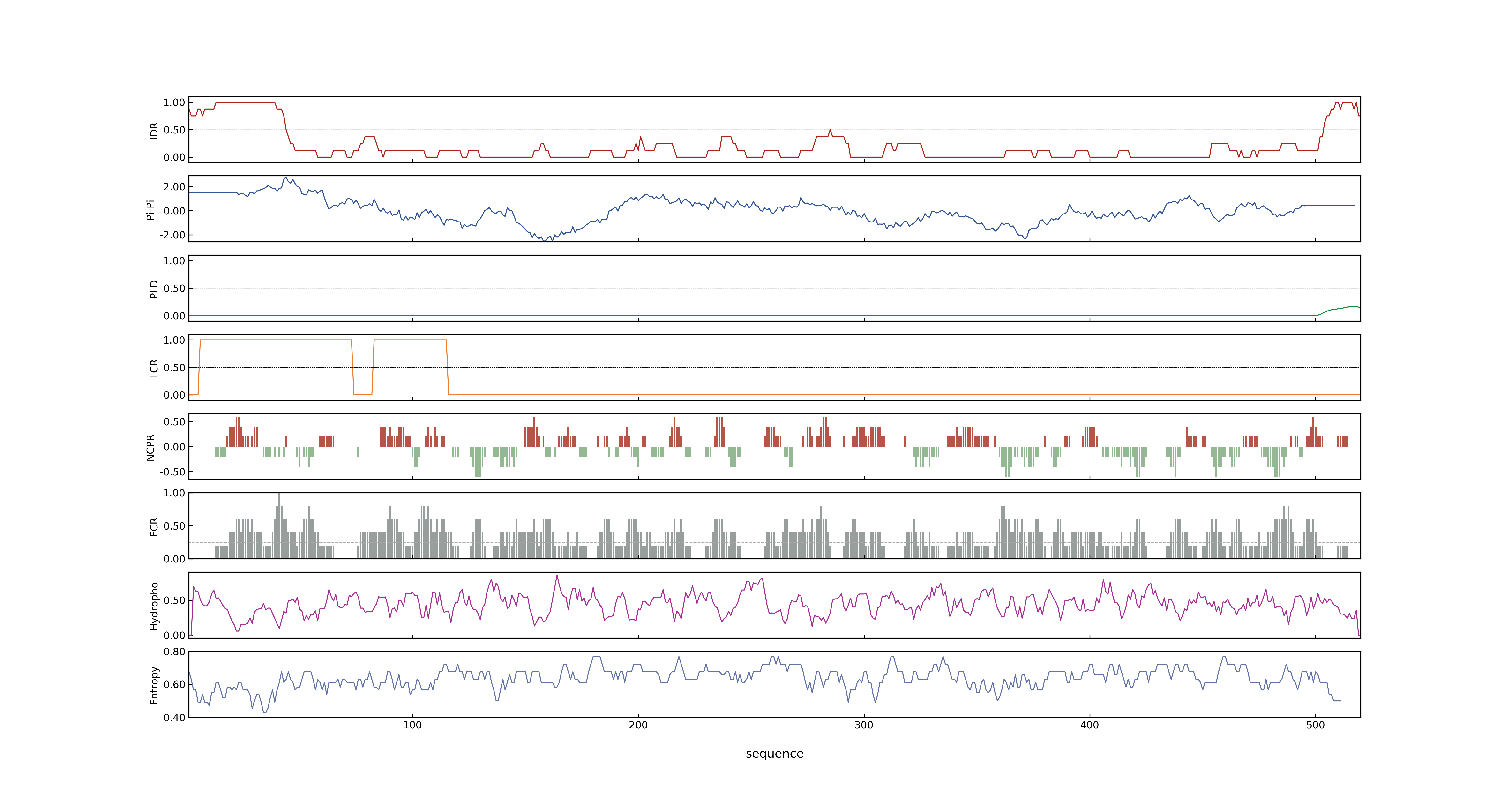- Information
- Symbol: OsCPK4
- MSU: LOC_Os02g03410
- RAPdb: Os02g0126400
- PSP score
- LOC_Os02g03410.1: 0.0454
- LOC_Os02g03410.2: 0.0526
- PLAAC score
- LOC_Os02g03410.1: 0
- LOC_Os02g03410.2: 0
- pLDDT score
- 78.71
- Protein Structure from AlphaFold and UniProt
- MolPhase score
- LOC_Os02g03410.1: 0.81447285
- LOC_Os02g03410.2: 0.96144855
- MolPhase Result
- Publication
-
Genbank accession number
- Key message
- A significant number of genes involved in lipid metabolism and protection against oxidative stress appear to be up-regulated by OsCPK4 in roots of overexpressor plants
- Taken together, our data show that OsCPK4 functions as a positive regulator of the salt and drought stress responses in rice via the protection of cellular membranes from stress-induced oxidative damage
- Meanwhile, OsCPK4 overexpression has no effect on the expression of well-characterized abiotic stress-associated transcriptional regulatory networks (i
- Overexpression of OsCPK4 in rice plants significantly enhances tolerance to salt and drought stress
- Compared with control plants, OsCPK4 overexpressor plants exhibit stronger water-holding capability and reduced levels of membrane lipid peroxidation and electrolyte leakage under drought or salt stress conditions
- Moreover, a plasma membrane localization of OsCPK4 was observed by transient expression assays of green fluorescent protein-tagged OsCPK4 in onion (Allium cepa) epidermal cells
- Here, we report that OsCPK4 expression is induced by high salinity, drought, and the phytohormone abscisic acid
- Also, salt-treated OsCPK4 seedlings accumulate less Na(+) in their roots
- Enhancing blast disease resistance by overexpression of the calcium-dependent protein kinase OsCPK4 in rice.
- It shows that overexpression of OsCPK4 gene in rice plants enhances resistance to blast disease by preventing fungal penetration
- Altogether, our findings indicate that OsCPK4 is a potential molecular target to improve not only abiotic stress tolerance, but also blast disease resistance of rice crops
- Given that OsCPK4 overexpression was known to confer also salt and drought tolerance in rice, the results reported in this article demonstrate that OsCPK4 acts as a convergence component that positively modulates both biotic and abiotic signalling pathways
- OsCPK4 overexpression leads also to constitutive increased content of the glycosylated salicylic acid hormone in leaves without compromising rice yield
- In this work, the isoform OsCPK4 of the rice calcium-dependent protein kinase family is reported as a regulator of rice immunity to blast fungal infection
- The constitutive accumulation of OsCPK4 protein prepares rice plants for a rapid and potentiated defence response, including the production of reactive oxygen species, callose deposition and defence gene expression
- Connection
Prev Next


